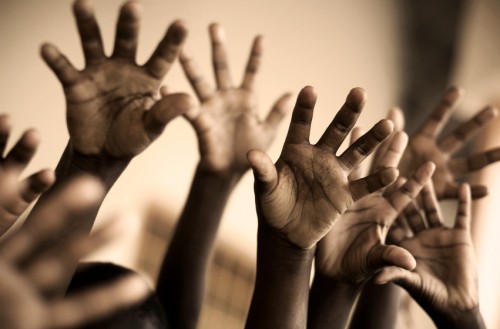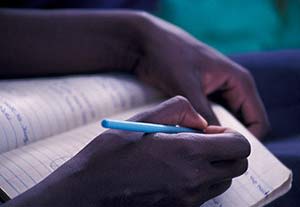At the turn of the millennium an estimated 115 million children of school age were not in school; the 2011 estimate is 57 million. What dispute can there be over the value of the consensus among donors and national governments that has brought this about?
In the past two decades, the Education for All agenda and the Millennium Development Goals (MDGs) have focused minds, aligned bilateral and multilateral agencies, and driven national policies in a unified direction: the provision of basic schooling of acceptable quality for all learners.
While the MDGs will not be achieved by 2015, massive strides have been made towards those original MDG targets. Primary school enrolment has risen across the world, and the rise in girls’ participation in schooling has been particularly dramatic.
Given what we know about the potential returns from investment in education for prosperity, health, and emancipation, why would this not be grounds for cheer?
I would argue that, as a consensus-building and investment-informing mantra, ‘quality basic education for development’ has (at least) four problems embedded in it. They are: quality, basic, education, and development.
First, a reminder of a couple of uncomfortable facts – the flip-side of the enrolment good-news story.
The new Education for All Global Monitoring Report (GMR 2013/2014) and others describe a ‘learning crisis’. About 250 million children do not have basic literacy and numeracy skills. In other words, a lot of them are in school but they are not learning anything.
And, given that there is only so much investment to go around, basic education has displaced secondary and higher education in the queue for resources. Yet new cohorts of primary school graduates are simultaneously creating greater demand for higher levels of education.
So, to those four problems.
With the issue of quality, it’s difficult to know where to start. The learning crisis, combined with a wide body of research, shows that although enrolment has increased, quality has not. In some cases, the massive influx of children into schools that are under-resourced in every possible way has worsened quality. Classes of as many as 100 children are common in the poorest contexts. It hasn’t been possible to increase and upgrade the teaching force to cope successfully with these challenges.
Consensus goals and the pressures and monitoring processes that go with them have also been part of this problem. Quality is a variable that is complex, dependent on many factors, and difficult to measure; enrolment ratios are far more manageable. Consensus goals help to fuel a fetish for measurability and a neglect of anything too complicated.
Even the recent GMR, teasingly entitled Teaching and Learning, does not venture very far into the messy territory of what constitutes quality teaching. Meanwhile, underqualified, under-motivated and under-resourced teachers face competing imperatives: some agencies push for learner-centred teaching styles, while others focus on reductionist indicators of literacy and formulaic, front-led approaches to teaching.
What of the remaining three words of the mantra – basic, education, and development? Recent DLP-funded research in Ghana, by a team from CfBT Education Trust and the Ghana Center for Democratic Development, helps illuminate the difficulties they present.
While the current consensus is the primacy of basic education, these findings show that experiences of quality secondary and tertiary education were especially important to the personal and professional development of the successful developmental leaders interviewed.
They also demonstrate that quality education is much more than the school curriculum and simple measurable cognitive outcomes.
The very definition of education needs to embrace the development of ethical principles and citizenship skills, the building of networks and a capacity for critical thinking. Opportunities for discussion and debate, admired role models, extracurricular activities, and a strong school ethos are all key factors.
Finally, the findings remind us that the human capital and individual health returns which so often underpin arguments for investment in education for development only take a country so far. Political development is vital to the sustainable health of any nation. This research shows how this form of development, on which all the others depend, is facilitated by individuals and their networks who have experienced quality education (in its broadest sense) at the higher levels of the system.
The discussion about what happens after the MDG deadline of 2015 is an opportunity for the international community to think critically about what is really at the heart of education and development.
Thankfully, there are indications in the ongoing debate that secondary and higher education are back on the table, along with (at least in some quarters) broader understandings of learning outcomes. Further case studies on how these have contributed to development in different contexts will be important contributions to the evidence that informs future directions, whether or not these constitute a new consensus.
Starting this year, DLP will build on its research in Ghana with a series of case studies investigating whether and how quality secondary and tertiary education can facilitate political development in a range of contexts. Potential country cases include the Philippines, Papua New Guinea, and Sri Lanka.










